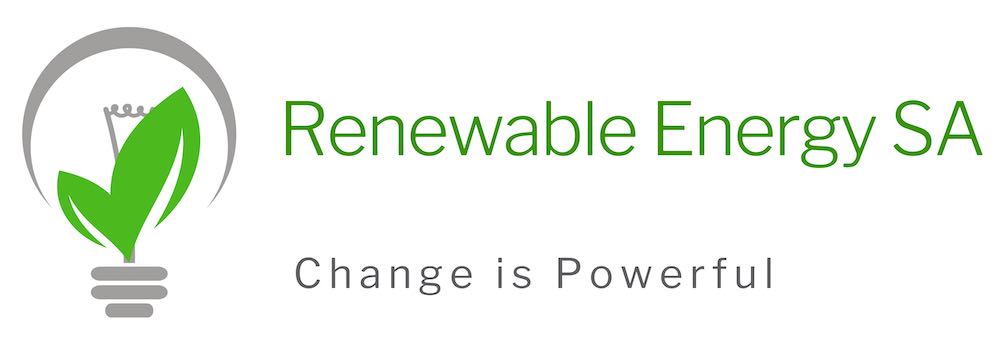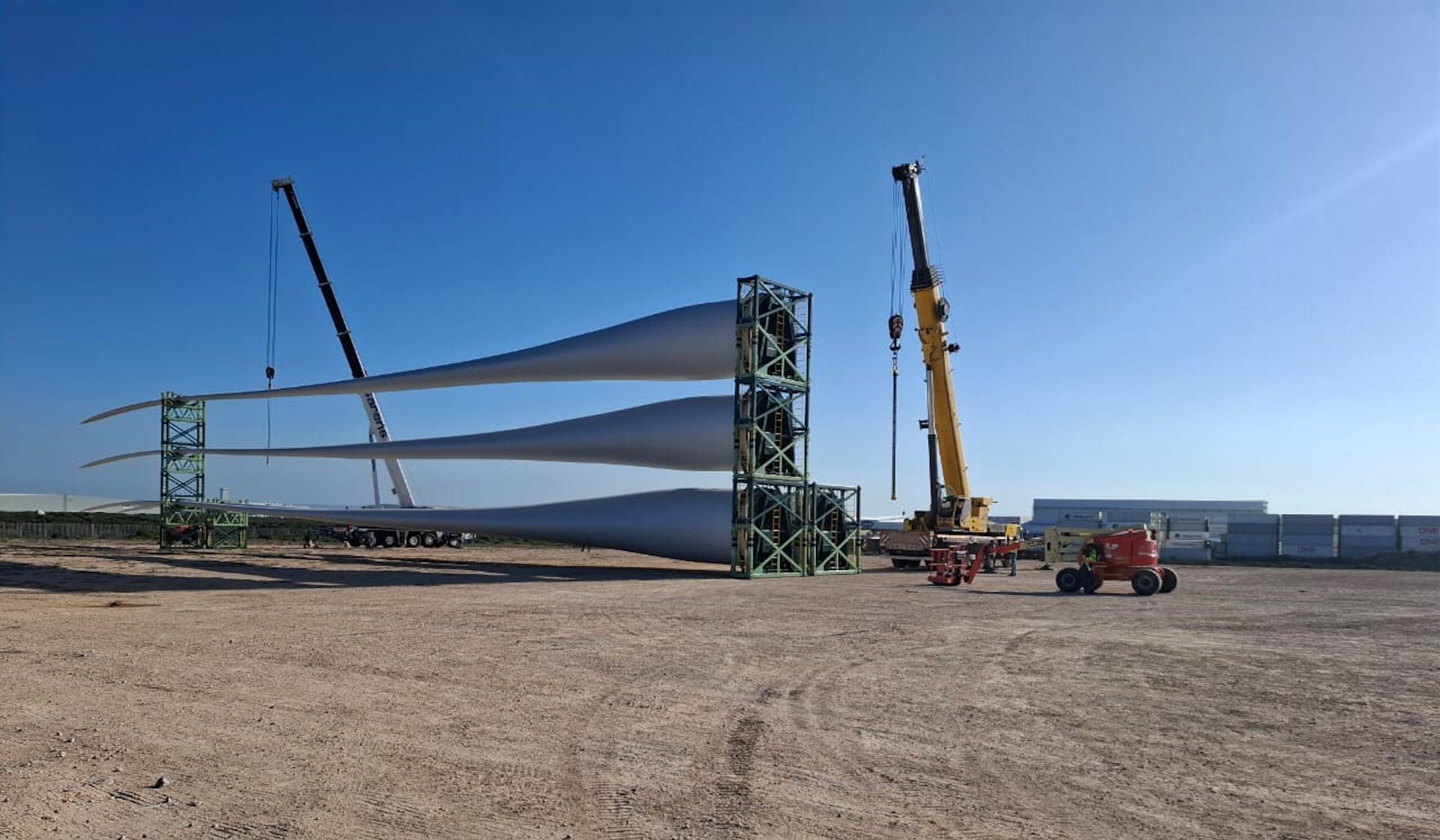Solar PV, along with other renewable energy power technologies, is acknowledged for producing no greenhouse gasses during power generation, as one of its many benefits. Globeleq South Africa Management Services have, however, set about further reducing the environmental impact of their six solar plants through various biodiversity interventions.
“We have implemented a number of interventions to further minimise the impact of our solar power plants on the surrounding biodiversity and environment, having set ambitious targets a number of years ago. We piloted a number of programmes and have been pleased with the results, which we can now report on,” said Marli Schoeman, Environmental Specialist at Globeleq South Africa Management Services.
Interventions include drastically reducing water consumption and safely and innovatively managing solar panel e-waste, to deliver power plants that showcase almost zero environmental impact. Already, solar PV has negligible impact on avifauna, with the added benefit of not using water during power production. However, solar plants traditionally wash their solar panels, which consumes scarce water supplies in South Africa’s drought-prone areas. Identifying this, Globeleq decided to do away with panel washing and test how this affected power production – and the results have been very pleasing.
“Everyone assumes we wash the panels regularly, but we have discovered that rainfall alone is sufficient to wash the panels. Quite a significant amount of water is saved through this. Across most of our plants we haven’t washed panels in the last two years,” explains Schoeman.
Aries Solar Power and Konkoonsies Solar Power, in the Northern Cape, currently have water use licenses in place – to extract water from a borehole and to extract from the Orange River. However, due to the new approach to managing water, these PV plants will be giving up the licenses as it has been found that the municipality supply is more than sufficient, due to the plants only using water for domestic office use. Furthermore, these two solar PV plants, harvest their rainwater for domestic use, so very small quantities of municipal water are required.
Boshof Solar Power, in the Free State, is in the process of replacing faucets with aerated taps, which has reduced the water consumption significantly, an adjustment that will be rolled out to all the sites.
“Soutpan Solar Power in Limpopo Province is successfully managing their e-waste, with damaged or failed solar panels being recycled into eco bricks. Previously, the precious metals were sent overseas to be recycled, however, we are now avoiding these large carbon emissions by effectively recycling the panels locally,” added Schoeman.
Panels are now safely being recycled across all six solar sites unless they can be repaired, which is the first option. This is managed in-house, with trained local staff that have been efficient in managing sizeable quantities.
“We are of course also pleased that over the years the quality of the soil on the site is improving thanks to the shade that the solar panels provide, and that wildlife can continue to exist as per usual once the plants are operational – so we have grazing sheep and flourishing birdlife that happily co-exist on our solar farms,” concluded Schoeman.

